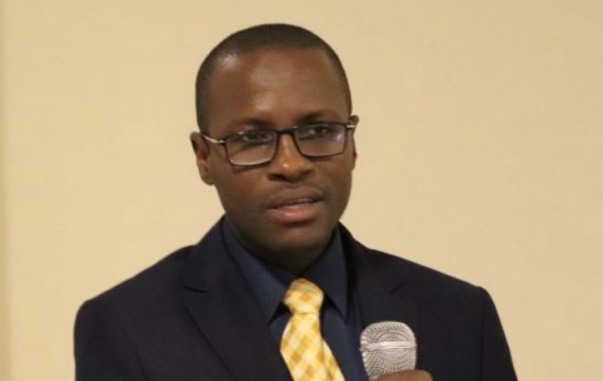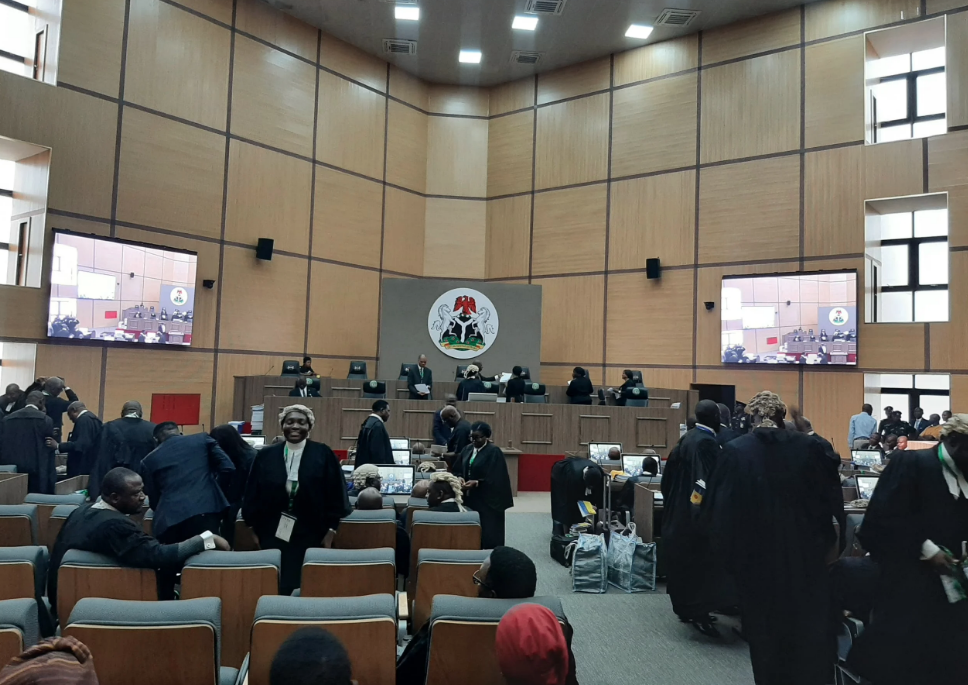Vice-President Kashim Shettima says Nigeria is positioned as the best place for agro-investment.
According to a statement by Stanley Nkwocha, senior special assistant to the president on media and communications, on Wednesday, Shetimma spoke at the African Development Bank’s World Food Prize-facilitated Norman E. Borlaug International Dialogue.
Norman E. Borlaug International Dialogue, also referred to as the ‘Borlaug Dialogue,’ is a gathering of individuals from more than 65 countries fully prepared to address cutting-edge issues related to global food security and nutrition.
Speaking at the event, the vice-president urged foreign investors to invest in the nation’s agricultural sector, adding that the country is ready for agribusiness.
Advertisement
The vice-president said owing to the country’s “70 million hectares of under-utilised arable land which is 75 percent of the country’s total land mass, Nigeria is positioned as the best place for such investment”.
Shettima said under President Bola Tinubu’s watch, Nigeria has since demonstrated that “the agrifood sector is a top priority”.
The politician also said there are “substantial opportunities in Nigeria for local and foreign investors to boost agricultural productivity”.
Advertisement
“Our primary objective is to empower our farmers and attract investors. We are increasing primary production to harness the economic potential of agro-processing and industrialisation,” Shettimma said.
“This is why, upon assuming office, the President declared a state of emergency in agriculture.”
Shettima said the country has enabled interventions to create profound economic opportunities for investors.
“Allow me to share that Nigeria understands the essence of partnerships in sustaining the dreams and promises that have brought us together today,” he said.
Advertisement
“This is why we are already collaborating with institutions such as the African Development Bank, the World Bank, the International Fund for Agricultural Development (IFAD), the Islamic Development Bank, and the United States Agency for International Development (USAID) to achieve food and nutrition security in Nigeria and beyond.
“With the invaluable support of our partners, we are exploring innovative strategies to transform this quest for food security into a thriving enterprise.”
REVERSING NIGERIA’S OVER-RELIANCE ON IMPORTATION
Shettima also said while much of the demand for agribusiness products was satisfied through imports, the Tinubu administration is dedicated to reversing Nigeria’s over-reliance on importation.
Advertisement
He said apart from the fact that its strategic location in West Africa provides easy access to regional and international markets, Nigeria is also poised to dismantle investment barriers.
This, the vice-president said, is being achieved through a supportive policy framework such as the national agricultural technology and innovation policy.
Advertisement
“Because we believe that import rules are a significant factor, we’ve established a policy of zero duties on agricultural machinery and imposed restrictions on certain agricultural commodities to stimulate local production,” Shettima said.
“We are also offering preferential financing and subsidies, exemplified by an agricultural credit guarantee scheme that guarantees up to 75% of loans for agricultural ventures.
Advertisement
“We’ve also introduced a range of tax incentives, including tax holidays, deductions for locally sourced materials, labour incentives, and pioneer status incentives, making it easier to conduct business.
“Notably, we’ve opened the doors to foreign investors, allowing them to have 100% ownership in companies and repatriate their profits and dividends without hindrance.”
Advertisement
Shettima added that the country is “committed to the journey towards a world where food security and nutrition are not luxuries but fundamental rights for all.”
Add a comment






